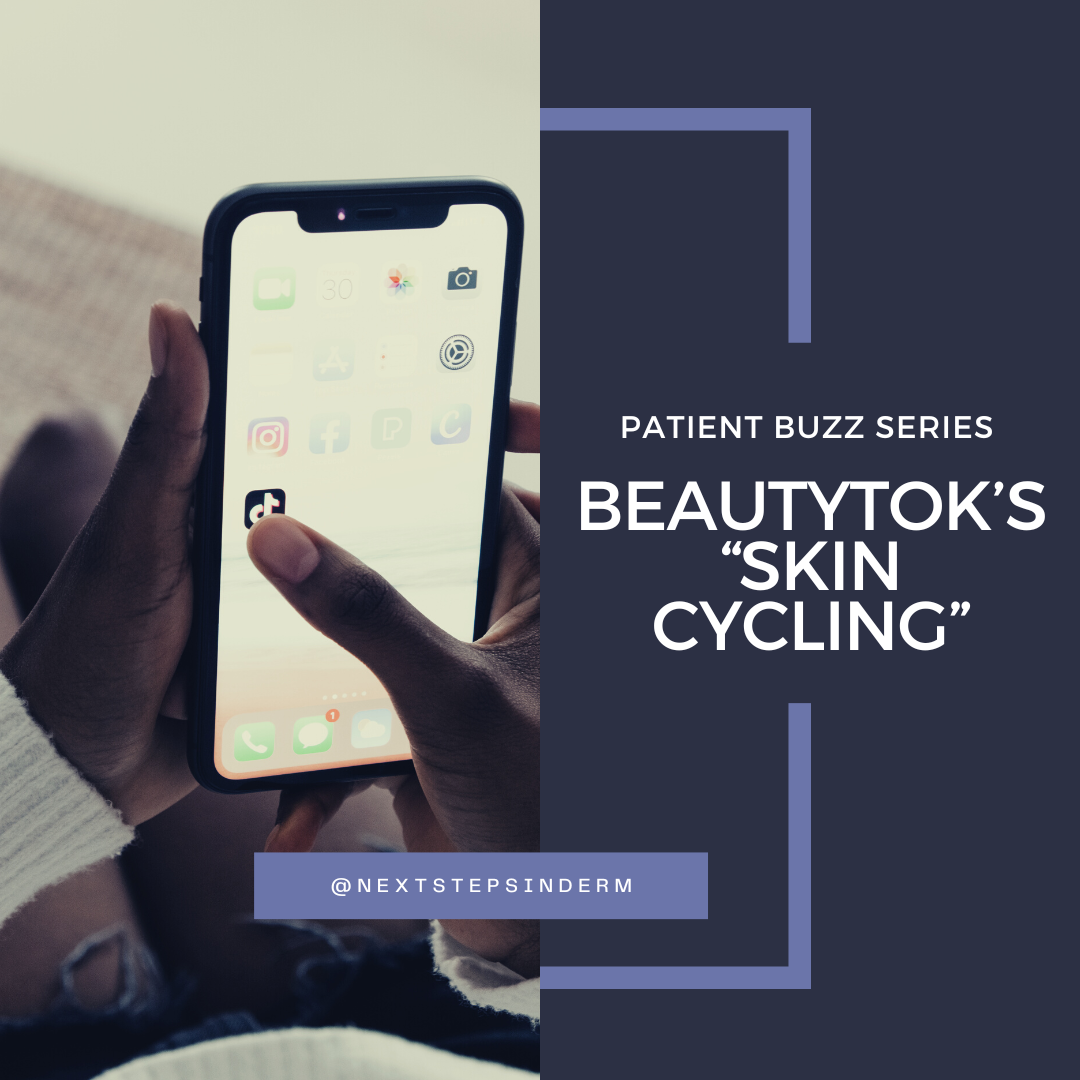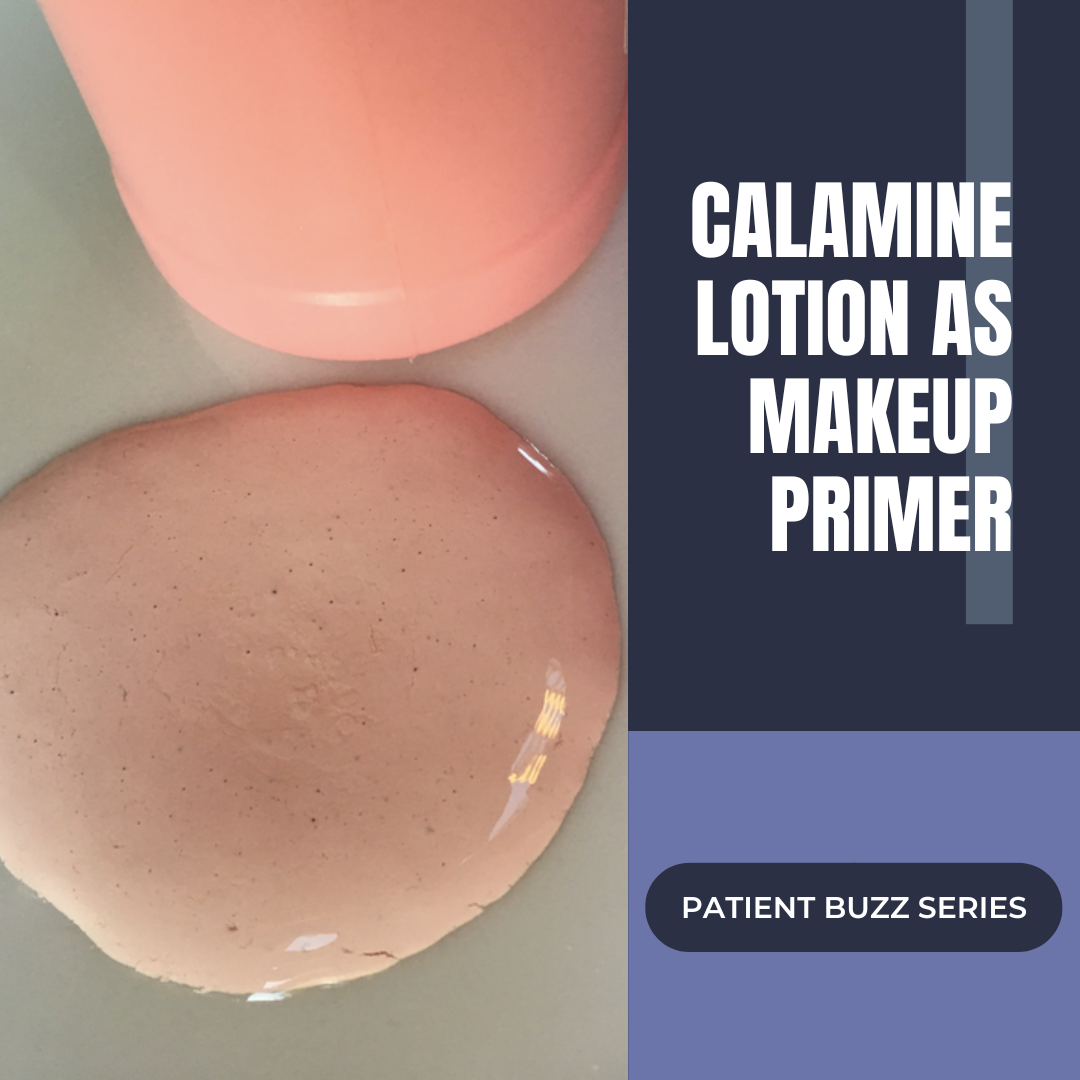ARTE Resident Scholarship Application Closes Monday
 [vc_row][vc_column][vc_column_text]The Advanced Resident Training & Education (ARTE) program supports resident education and provides real-world training through attendance at the ODAC Dermatology, Aesthetic & Surgical Conference taking place January 12 – 15, 2023 at the JW Marriott Grande Lakes in Orlando, Florida.
ARTE offers educational and networking activities with an acute focus …
[vc_row][vc_column][vc_column_text]The Advanced Resident Training & Education (ARTE) program supports resident education and provides real-world training through attendance at the ODAC Dermatology, Aesthetic & Surgical Conference taking place January 12 – 15, 2023 at the JW Marriott Grande Lakes in Orlando, Florida.
ARTE offers educational and networking activities with an acute focus …
 [vc_row][vc_column][vc_column_text]The Advanced Resident Training & Education (ARTE) program supports resident education and provides real-world training through attendance at the ODAC Dermatology, Aesthetic & Surgical Conference taking place January 12 – 15, 2023 at the JW Marriott Grande Lakes in Orlando, Florida.
ARTE offers educational and networking activities with an acute focus …
[vc_row][vc_column][vc_column_text]The Advanced Resident Training & Education (ARTE) program supports resident education and provides real-world training through attendance at the ODAC Dermatology, Aesthetic & Surgical Conference taking place January 12 – 15, 2023 at the JW Marriott Grande Lakes in Orlando, Florida.
ARTE offers educational and networking activities with an acute focus … Continue reading "ARTE Resident Scholarship Application Closes Monday"


 The September issue of the Journal of Drugs in Dermatology (JDD) focuses on aesthetic treatments and features original articles exploring topics such as reconstruction of the glabella and nasal root, perioral rejuvenation with high molecular weight HA and amino acid treatment, blue light and skin health, and many more. Check out this month’s issue highlights straight from the JDD Editor’s d …
The September issue of the Journal of Drugs in Dermatology (JDD) focuses on aesthetic treatments and features original articles exploring topics such as reconstruction of the glabella and nasal root, perioral rejuvenation with high molecular weight HA and amino acid treatment, blue light and skin health, and many more. Check out this month’s issue highlights straight from the JDD Editor’s d …  Next Steps in Derm, in partnership with ODAC Dermatology, Aesthetic and Surgical Conference, interviewed Dr. DiAnne Davis (a board-certified cosmetic dermatologist specializing in noninvasive facial rejuvenation, skin of color, hair loss, and cosmetic dermatologic surgery) about social media dos and don'ts. Watch as she offers her three best tips on how dermatologists should protect themselves bef …
Next Steps in Derm, in partnership with ODAC Dermatology, Aesthetic and Surgical Conference, interviewed Dr. DiAnne Davis (a board-certified cosmetic dermatologist specializing in noninvasive facial rejuvenation, skin of color, hair loss, and cosmetic dermatologic surgery) about social media dos and don'ts. Watch as she offers her three best tips on how dermatologists should protect themselves bef …  “Skin Cycling” is the latest BeautyTok trend and it has a dermatologist to thank. Dr. Whitney Bowe created the four-night skincare regimen, which she popularized on social media. The routine includes chemical exfoliation, retinol and recovery to reset the skin and strengthen the skin barrier.
Are you ready for questions about the latest beauty trends? Review this list of articles in the con …
“Skin Cycling” is the latest BeautyTok trend and it has a dermatologist to thank. Dr. Whitney Bowe created the four-night skincare regimen, which she popularized on social media. The routine includes chemical exfoliation, retinol and recovery to reset the skin and strengthen the skin barrier.
Are you ready for questions about the latest beauty trends? Review this list of articles in the con …  Dermatologists are sounding alarm after some TikTok influencers are recommending calamine lotion as a makeup primer, claiming the hack helps improve blemishes and keeps makeup in place. It’s the latest viral beauty hack popularized on the social media platform.
Be ready for the hacks your patients may bring up in their next office visits by perusing this list of articles in the consumer press:
…
Dermatologists are sounding alarm after some TikTok influencers are recommending calamine lotion as a makeup primer, claiming the hack helps improve blemishes and keeps makeup in place. It’s the latest viral beauty hack popularized on the social media platform.
Be ready for the hacks your patients may bring up in their next office visits by perusing this list of articles in the consumer press:
…